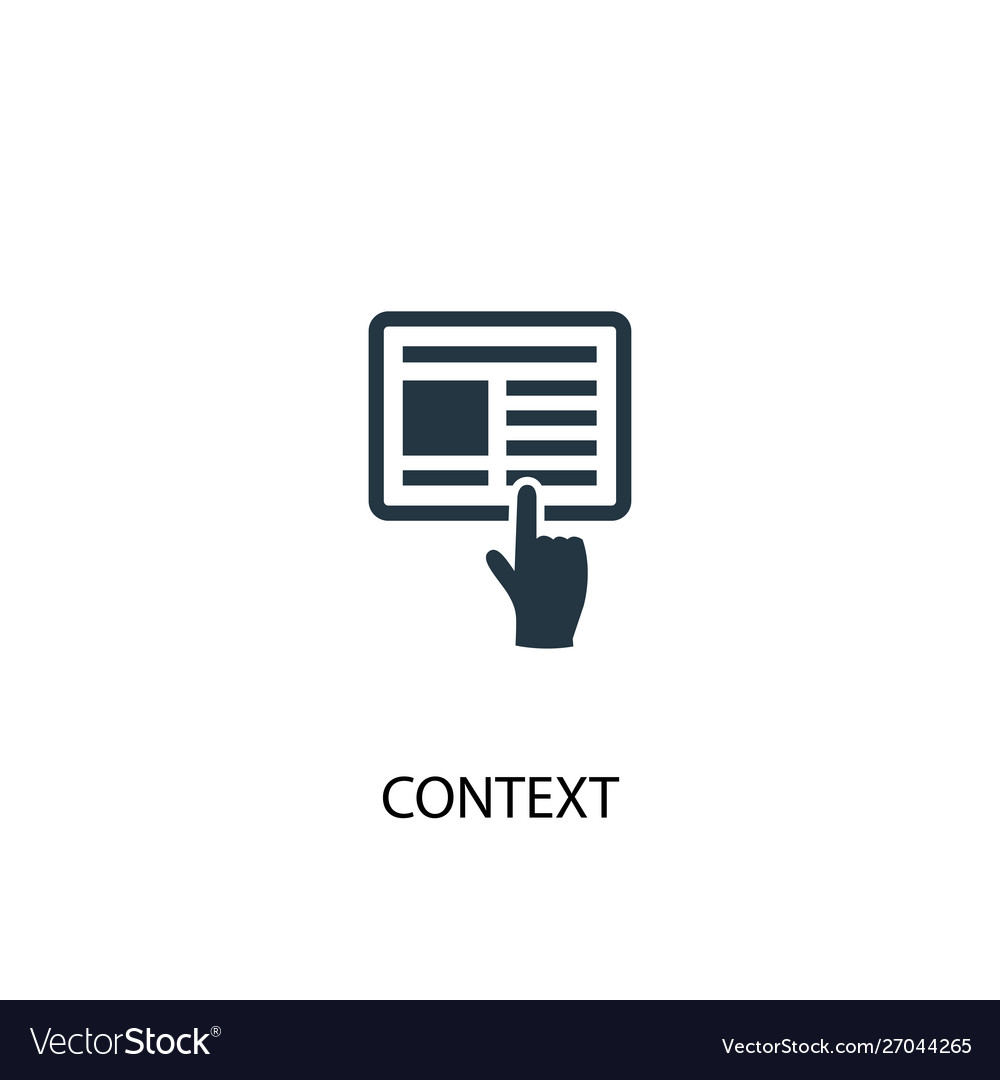Context Vectors are a type of vector data structure, used for storing and representing the context of a specific set of data. They are primarily utilized in natural language processing (NLP) applications such as conversation bots, machine translation, and search engines. A context vector consists of feature values associated with specific words, phrases, or objects.
In machine learning, context vectors allow for the classification of a given set of data within its contextual context. For example, if a set of images contains the concept of “trees”, the context vector would contain features such as “green leaves”, “trunks”, and “branches”. This information can be used to better identify, analyze, and classify the images.
Context vectors can also be used to represent the semantic structure of a sentence, phrase, or document. For example, when a user searches for a term like “bagel”, a context vector for this term might contain features such as “bread product”, “circle shape”, “toasted”, and so on. By creating a context vector for a given text, the search engine can use this information to better understand the meaning of the query and deliver more accurate results.
Context vectors are also beneficial in computer vision applications, such as facial recognition. By associating specific features to facial images, it is possible to identify individuals more accurately without the need for specific keywords or other labels.
Context Vectors are a valuable tool for natural language processing and computer vision applications. By accurately representing the context of data sets, these insights can help increase the accuracy of machine learning algorithms.





